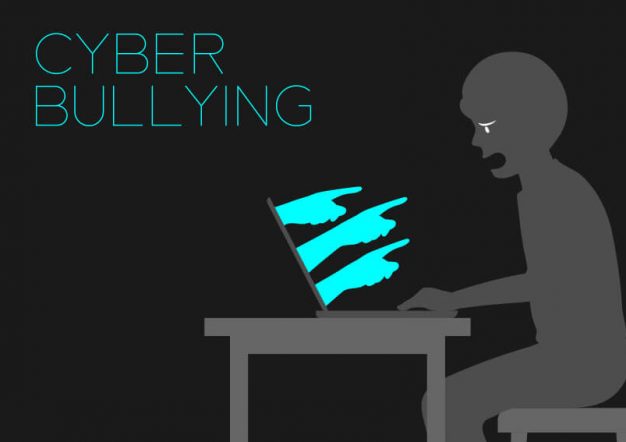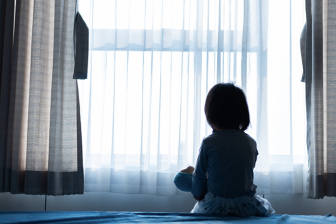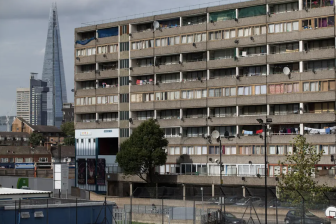
No place for fear: ending school violence and cyberbullying
Students around the world should be free from all bullying and feel safe and supported in school.
In an increasingly conflict-ridden world, schools must be the safe and supportive space where all students can thrive to build a promising future. However, a significant number of children and adolescents around the world face various forms of school violence, including online cyberbullying.
On the International Day against Violence and Bullying at School, Including Cyberbullying, we join the international community to shed light on the profound impact of school-related violence on mental health and call for the creation of safe learning environments for everyone, everywhere.
Infringement of children’s rights
School-related violence is an infringement of children’s rights, and of their rights to education, health, and well-being. While physical injuries are apparent, the effects on mental health often remain concealed and inadequately addressed. These include such effects as depression, anxiety, and post-traumatic stress disorder (PTSD).
The direct connection between mental health and violence in school cannot be ignored. Research shows that school bullying has devastating consequences on learners’ health and academic achievement. It increases the risk of early school leaving.
The latest Organization for Economic Co-operation and Development (OECD) Programme for International Student Assessment (PISA) results indicate that pupils’ sense of belonging at school is declining and (cyber)bullying is widespread.
Mental health
Around 20 per cent of school children experience mental health problems, in particular anxiety and depression. The consequences of school violence, including cyberbullying, extend to the development of risky, aggressive, and anti-social behaviours among youth. This has the potential to perpetuate the cycle of harm into future generations.
With adverse impacts on academic performance and increasing dropout rates, these repercussions have far-reaching implications for the success and well-being of students, their families, and the entire community.
EU’s child rights strategy
The EU Strategy on the Rights of the Child (March, 2021) underlines that every child across the world and in Europe should enjoy the same rights and live free from discrimination and intimidation of any kind.
Under the Global heading, it set out concrete proposals for supporting, protecting and empowering children by:
- Dedicating development funding to education in Sub-Saharan Africa, Asia and the Pacific, and Americas and the Caribbean
- Allocating humanitarian aid funding to education in emergencies and protracted crises
- Launching Youth Action Plan to promote youth empowerment and participation;
Safer and better internet
The lives and education of children and young people are increasingly online. With many more opportunities for connection and learning, the digital realm exposes students to various forms of violence, including hate speech, self-generated sexual images, self-harm, and age-inappropriate content.
Concrete steps to raise awareness, create a safe online environment, stimulate quality online content, and combat child sexual abuse material online are foreseen in the New Strategy for Better Internet for Kids, adopted in 2022.
The EU-funded Better Internet for Kids platform supports digital literacy and knowledge sharing to equip children and young people with the digital skills and the critical thinking necessary for taking responsible decisions online.
The platform offers numerous resources available to children, adolescents, parents and teachers, for use in classrooms or at home. Follow the link to visit the website betterinternetforkids.eu.
- Follow the link for The Respect Effect – Anti-bullying educational resource
- For tips on how to take care of your well-being, visit the site Mental health and the internet.
Protect from violence
Under the UN Convention on the Rights of the Child, schools have a formal duty to protect children from all forms of violence, both physical and psychological. Even if the online violence extends beyond school premises, the education system plays a crucial role in addressing online safety and providing children with the skills to identify online violence and protect themselves.
Click here for more information about the EU’s external policies on the Rights of the Child.
This text was first published by European Union External Action, the Diplomatic Service of the European Union, and is republished here in line with European Commission reuse policy.




